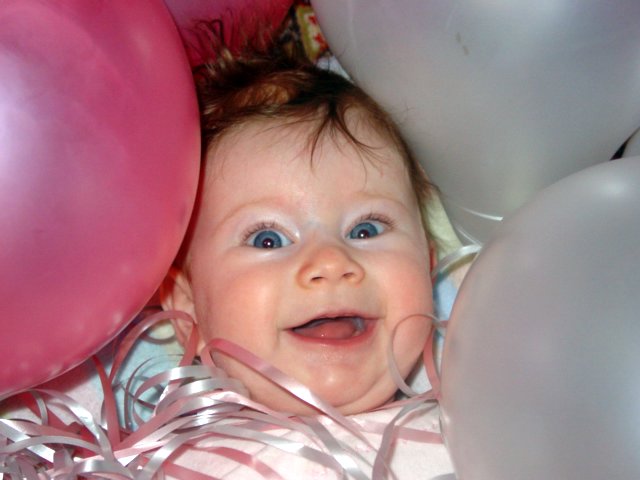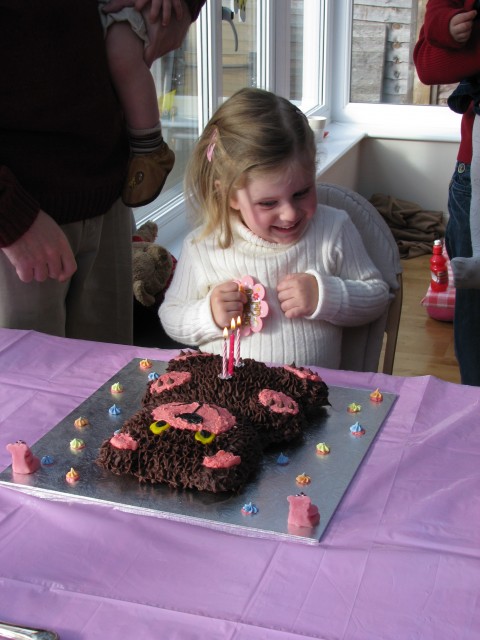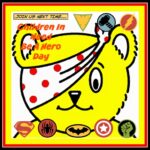
Pudsey Bear ‘Be a Hero’ Children In Need Day

Our Christmas Elf has arrived!
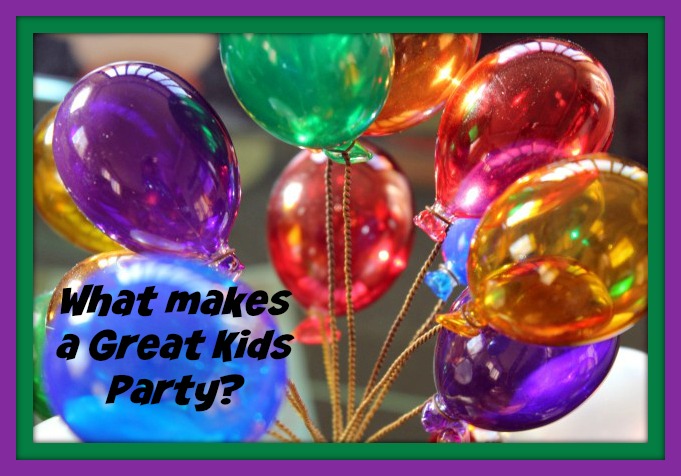
Throwing a party for a group of children can be a daunting experience. This article highlights the do’s and don’t of throwing a birthday party for young children
The whole children’s birthday party process can be just as easy or as complicated as you’re willing to make it. Just remember a few simple rules for planning a children’s birthday party.
Table of Contents
DO
- Be super organised, make a list of things to do and stick to it.
- Focus on the birthday boy or girl- create a time capsule by getting guests to bring things from that year/day-newspaper clippings, polaroids, tickets, drawings etc and have fun putting them into a suitable box which can be opened years from now.
- If you have the space, do the party at home-far less stressful and easy to arrange. You won’t have to cart everything back and forth to a venue, worry about hire, cleaning it and vacating by a certain time.
- Have organised games and activities-party games, crafts, dancing depending on the age of your guests.
- Keep kids busy while waiting for all guests to arrive or while cutting cakes by providing activities or toys.
- Order party ware and decorations well in advance or make your own. There are some fabulous online stores with an amazing variety of decorations and supplies.
- Prepare a space for the parents who are staying, provide a small selection of “grownup” snacks and coffee/tea. As a general rule…if the kids are under 6-parents stay. Be clear about your expectation regarding drop off or staying on the invitation.
- Enlist one or more “big people” (adults or responsible older children) to help you at the birthday party. You can’t be everywhere at once and their help will keep things running smoothly.
- Send out the date of the party well in advance and keep a RSVP list. I send out the date via email way in advance and ask people to diarise it, that way they have the date set aside before the invitations arrive.
- Have some spot remover/ paper towels or wipes on hand just in case. Don’t let an accident or spill ruin the party.
- Set the scene: parties are that much better if you create a fun and interesting venue for the kids to enjoy. This also gives you a theme for the activities and food.
DON’T!
- Promise prizes and forget to buy them. A friend did this once and her sons still remember and mention it!
- Try to do too many activities. Rather do a few really well. I like to prepare a few extra to have ready in case we have spare time or the activities go quicker than expected.
- Invite everyone your child knows. Stick to favourite friends or those your child spends lots of time with. You don’t need to invite everyone your child has met or is in a class with.
- Don’t request specific toys-esp. brand toys in case kids don’t have them and risk them placing pressure on their parents or being left out.
- Expect everyone to RSVP weeks before- many parents forget or RSVP late. My advice is to set your RSVP date early and if some have missed it, give them a call and ask directly.
5 things that make a great kids party
Nowadays it seems that the way most parties are organised or planned includes paying someone else to do the activity, or booking a venue with an activity included. This is a fine way to do a kids party and quite possibly a whole lot less stressful for the parent…and perhaps even works as a treat for the birthday boy or girl if they’re doing something they love but ordinarily wouldn’t so.
I however, am a little old fashioned and still prefer to organise and run my children’s parties at home (or at a rented hall if space is an issue). I like to be in charge of the activities they will be doing, I enjoy making the decorations and deciding what food to make. My favourite part of my children’s parties is the making of the cake. I easily spend more time doing that , than on any other part of the event.
So, if you are like me, and want to do an@home party; what should you do to ensure you have a successful party?
5 point party Checklist:
- Guests: be sure an invite a manageable number of guests. I am encourage my children to limit their numbers and only invite those they really play with and are friendly with. You may think that it is best to ask everyone in the class, but I disagree with this. Why? Well, I don’t invite everyone to my birthday simply because I know them, or work with them. Life is not like that. And why should my child invite someone they are not friendly with or that they have had trouble with in the past. I also find it annoying if my child is asked to a party of someone who never plays with them, is sometimes mean to them or has nothing to do with them…if feels like plug for free presents and means that we have no clue what to get the person in question as we don’t really know them.
- Food: Parties are not the time to be fussing over 5-a-day rules and healthy eating. Have the fun food that kids love, have your child work with you on the menu and make his favourite things. Make sure you are aware of allergies and cater accordingly. Also, if any adults are staying-you may like to provide a hot drink.
- Activities: I always work to a theme. It makes arranging the games and activities super easy and gives the party a cohesive feel. You should aim to have an activity every 10-15 minutes of the party duration, excluding the 30-40 minutes for food.
- Cake: this should be the centre piece of the party and the time to fuss over the birthday girl. Assemble everyone, light those candles and sing!
- Thank you’s: There are lots of different ways to say thanks for coming. Party bags, thank you notes, small gifts, or mementos of the event like photos
Remember, young guests will be excited…
There are bound to be mishaps. Try to keep your sense of humour, and know that even if every aspect of the party doesn’t go as planned, the most important thing that you and your child enjoy the day!
Most of all, make your child the centre of the day. Enjoy it together and remember to take lots of photos to look back on one day.
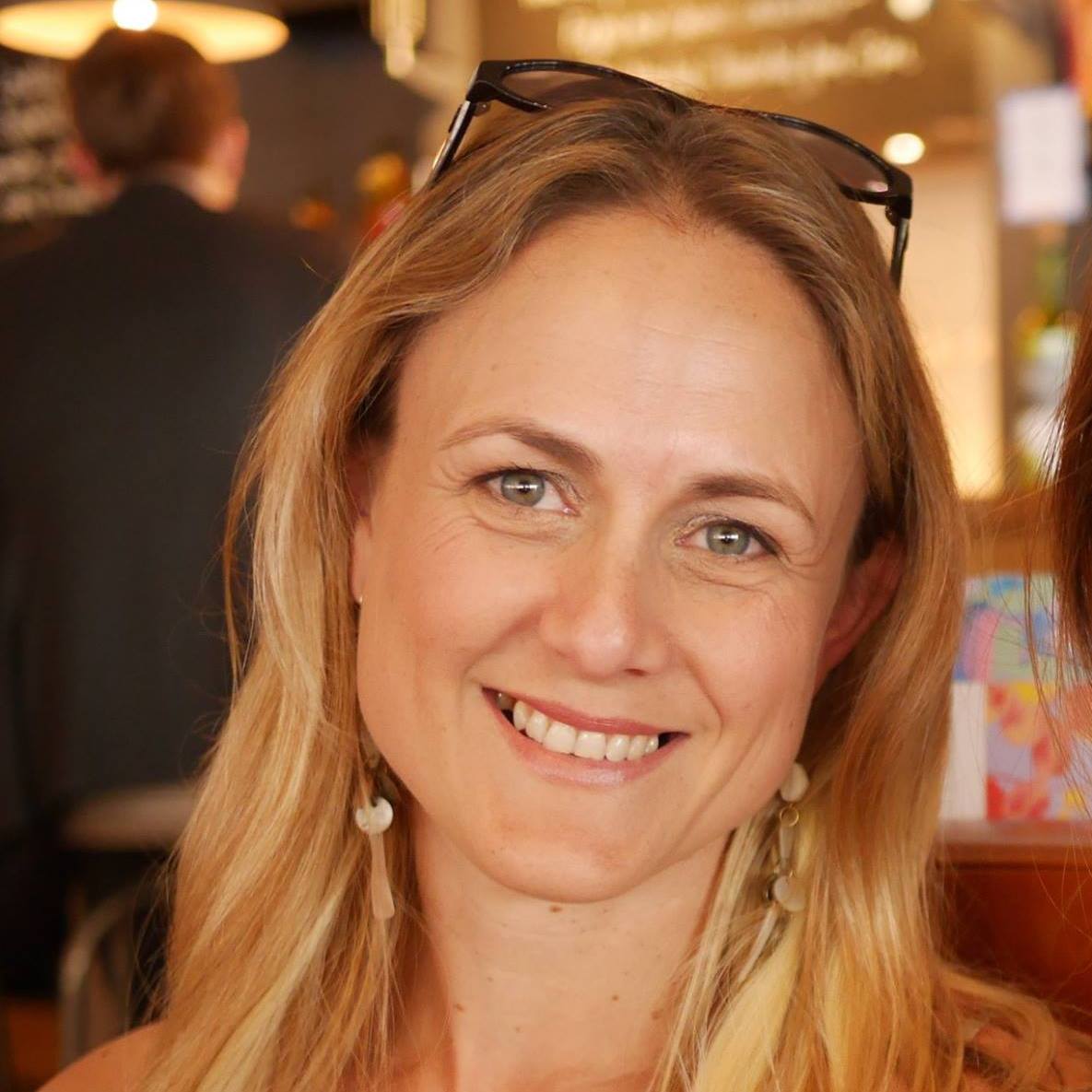
I am a preschool and primary school teacher and mum to 3 children. I have been involved in education since 1997 and have trained in a variety of educational specialist areas. It is with this expertise that I write articles to help parents and educators provide quality learning experiences for the children in their care.


